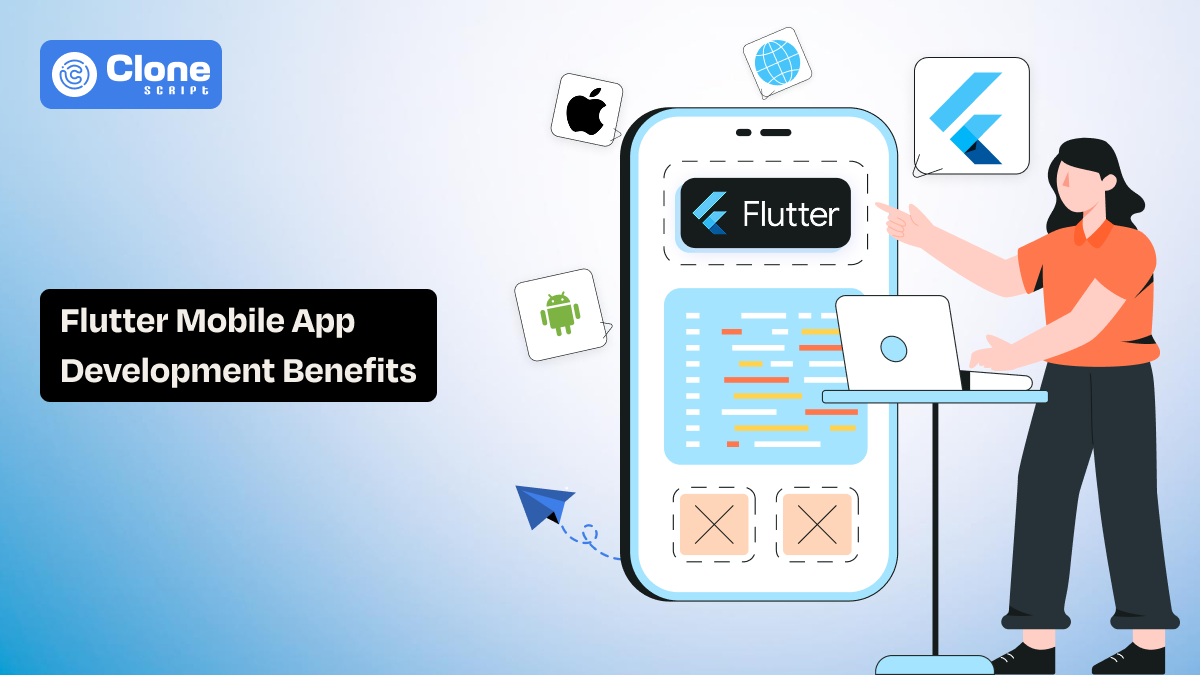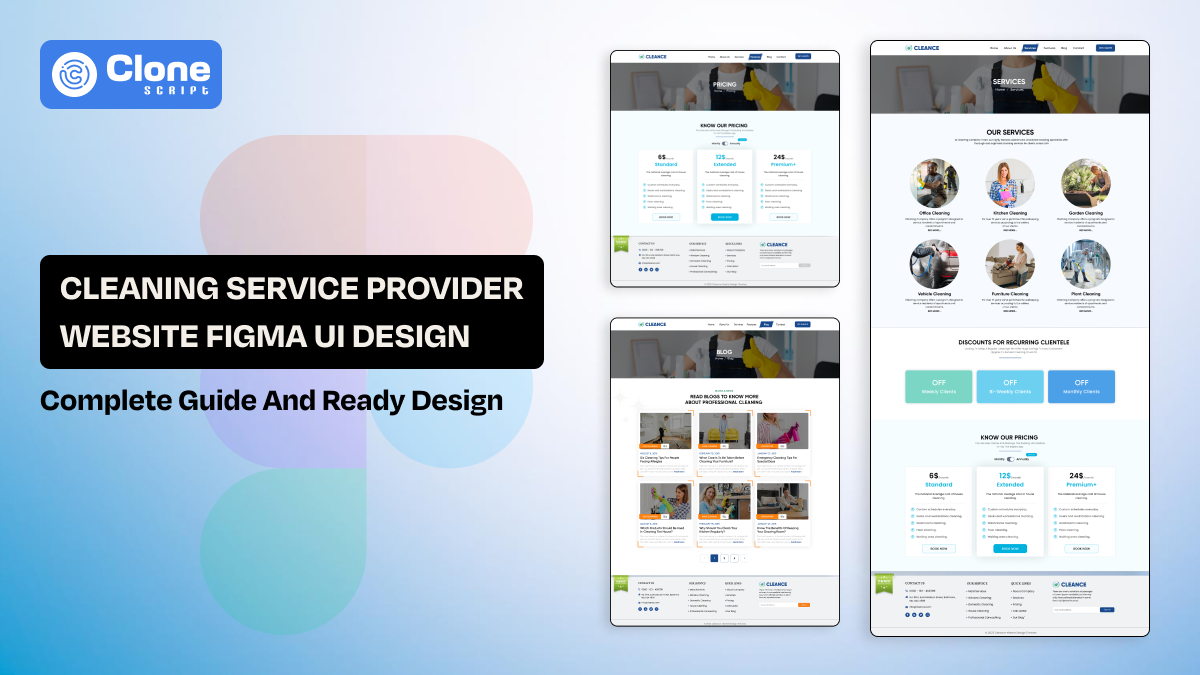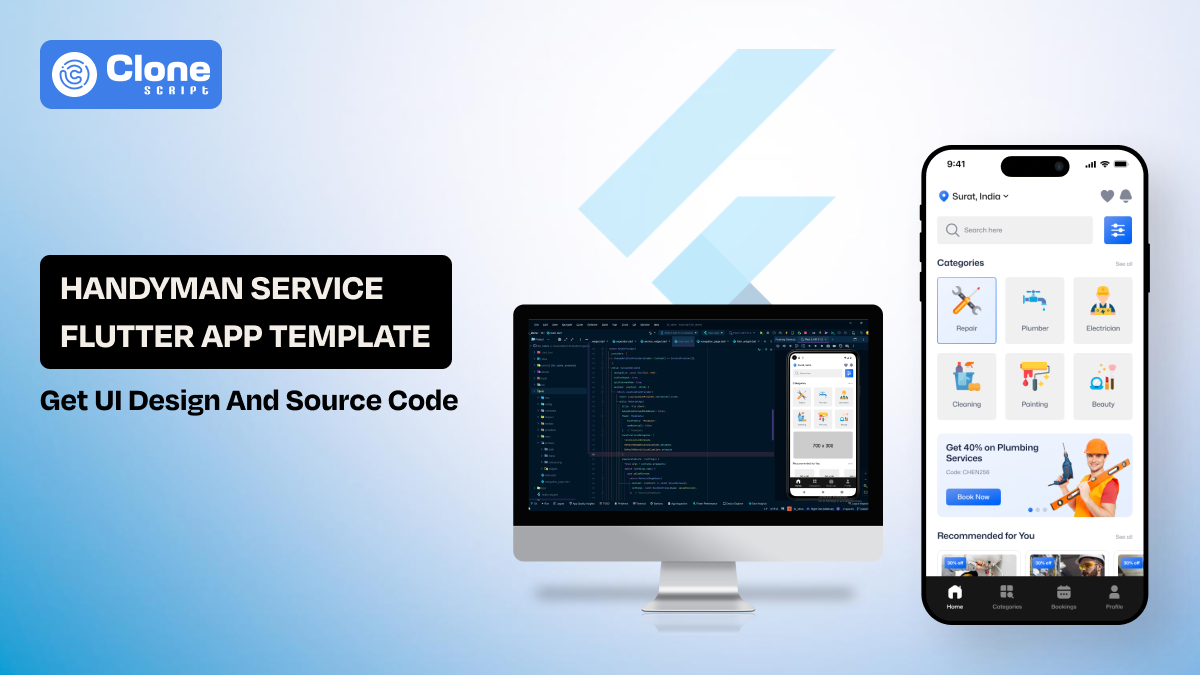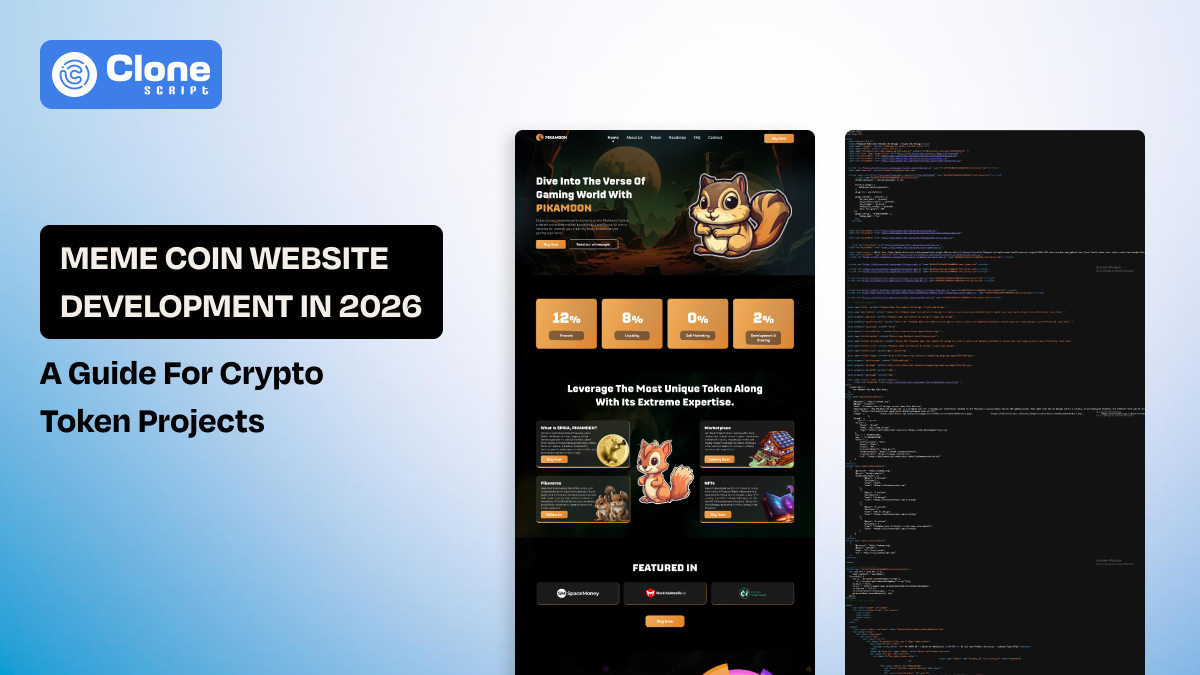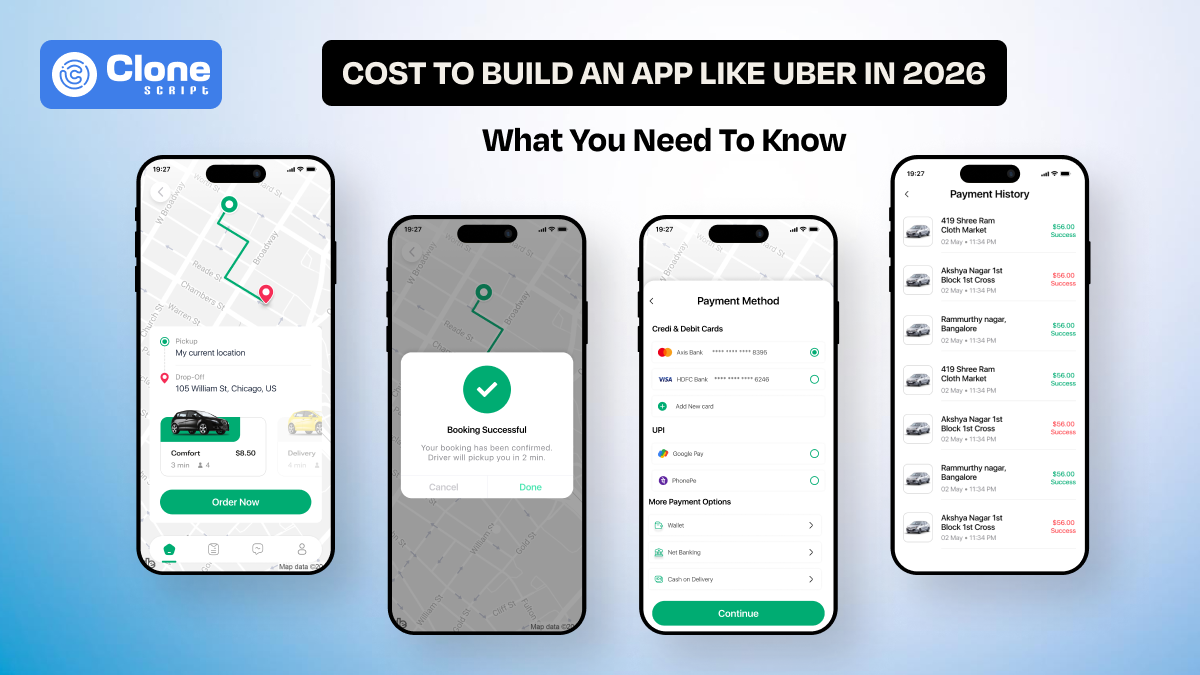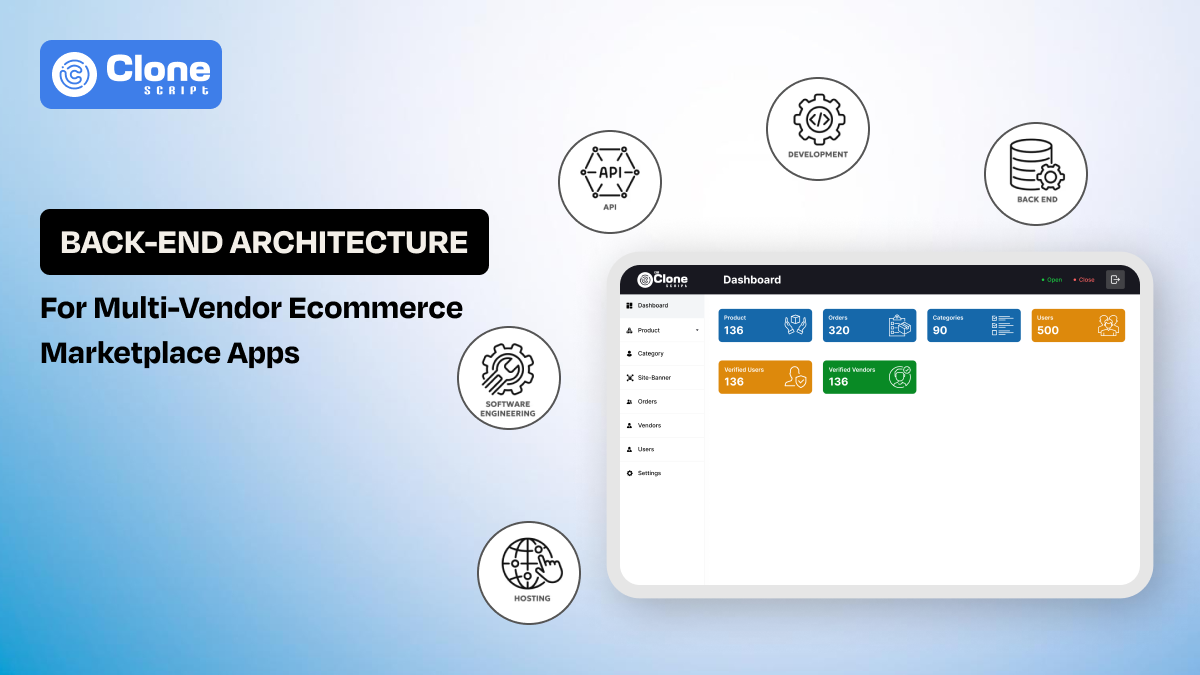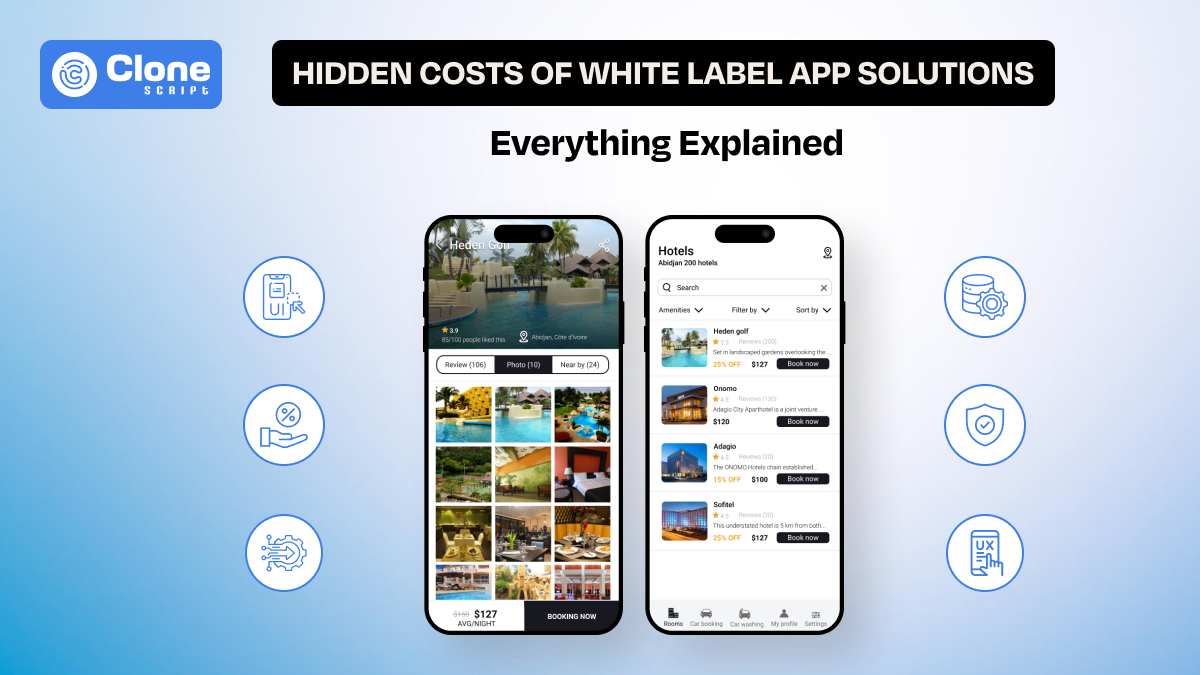Top 10 Benefits of Choosing Flutter App Development for Your Project
Choosing the right technology stack is one of the most critical decisions in any app development journey. It directly influences how quickly you can enter the market, how efficiently your product scales, and how seamlessly it performs across platforms. With growing user demands for high-performance, cross-platform applications, businesses are actively seeking frameworks that balance speed, flexibility, and cost-effectiveness without compromising quality.
Flutter, Google’s open-source UI toolkit, has rapidly emerged as a front-runner in this space. Built to support iOS, Android, web, and desktop from a single codebase, Flutter helps companies to launch visually consistent, functionally rich applications in less time and with fewer resources. From global startups to enterprise-grade platforms, the demand for Flutter app development has grown significantly, and for good reason.
In this article, we’ll explore the top 10 advantages of using Flutter for your next digital product. Whether you’re launching a fintech app in Dubai, an e-commerce app in India, an e-learning mobile application in Europe, or a social media app like TikTok in the USA, be prepared to make future-ready technology decisions.
Without wasting a single moment? Let’s get started.
1. Single Codebase for Multiple Platforms
“One codebase. Multiple platforms. Real cost savings” is the philosophy of Flutter.
Flutter allows developers to write one set of code and deploy it to iOS, Android, Web, macOS, Windows, and Linux. This reduces development hours, testing overhead, and long-term maintenance costs.
Compared to native development (Swift for iOS, Kotlin for Android), Flutter’s cross-platform model results in up to 30–40% faster development timelines.
What does the mean?
Many startups and SMEs choose Flutter app because it avoids duplicating resources across platform-specific teams. It indicates your mobile application is dedicated to you only, not others, and the best part is you don’t have to create the component yourself.
Still confused about selecting Google’s developer community-backed UI framework for iOS and Android app development for your large enterprise?
Here are the most successful pioneers preferring Flutter dev:
-
Alibaba: An e-commerce marketplace based in China and connecting worldwide sellers and buyers. It builds a Flutter web version.
-
BMW: A secure Flutter mobile application offered by a popular and legacy-driven name in the automobile industry, known for its comfort and relaxing products.
-
Google Ads: A Flutter web platform helping businesses to reach potential users through digital advertising on the web and products associated with Google.
Next, move forward to another advantage.
2. Faster Time-to-Market
Mobile app development for startups and SMEs is very important because they have limited and local customer preferences. They want to reach customers quickly. So, Flutter app dev perfectly suits it.
But when things comes to a complex development like cryptocurrency trading and a UPI payment app like Google Pay, then what? A Flutter app will be a good choice or not for quick and agile development? You might have this question.
The answer is yes. In markets where speed determines competitive edge, Flutter helps you launch faster.
The hot reload feature in Flutter allows real-time changes to reflect in the app without restarting it. This significantly boosts productivity during both design and debugging.
-
Whether you're building a Flutter app template from scratch or adapting an app design template, this speeds shortens your MVP or release cycles.
According to Stack Overflow’s 2023 Developer Survey, Flutter developers ranked hot reload among their top 3 favorite features. They find improving development speed by 20–50% in the app prototyping and testing stages.
3. Beautiful and Customizable User Interfaces
Flutter’s widget-based architecture allows for high-quality, responsive, and customizable UIs that behave consistently across platforms, whether it’s iOS or web. Using pre-built and custom widgets, designers can create beautiful and brand-consistent Flutter user interfaces with ease.
The best user experience defines user retention. To make your application not a passing shower for users and businesses, too, keep focus on a professionally optimized UI. The thing is, there are pre-built Figma app UI kits available.
But choosing a Flutter app design is a very authentic and excellent choice to go for, and prepare the best product in the market.
-
Google’s Material Design and Cupertino widgets are fully integrated into Flutter, helping you match native app aesthetics on both Android and iOS.
For example, if you are designing an e-commerce shopping app for a local business in New York City or a web dashboard for an online Yoga fitness platform, it can be done with pixel-perfect results under a single framework.
4. Strong Community and Rich Documentation
Another advantage of preferring Flutter beyond other tools for app development it’s the community support and documentation availability.
From learning Flutter to deploying production-ready applications, you’ll benefit from a vibrant global community and official Flutter documentation.
-
Flutter’s GitHub repository has over 160k stars as of 2025, and it consistently ranks in the top 5 open-source projects worldwide.
-
The official Flutter docs are developer-friendly, while platforms like FlutterFlow and CodeMagic offer visual development environments and CI/CD tools.
Whether you're hiring in-house developers or outsourcing, the availability of tutorials, packages, and best practices makes onboarding easier.
5. Cost-Effective Development
The best part of a Flutter framework selection in modern app development is its budget-friendly approach. Even a startup can afford to have a dedicated business app without going to a custom and thousands-of-dollar-priced development.
While native app development, like separate applications for iOS and Android, will be more costly. Hiring a developer team for app maintenance requires funds.
Here's how Flutter cuts costs:
-
Single codebase = fewer developers. No need to contact iOS and Android developers. The single coding in Flutter works for every device and platform.
-
Reduced testing time = lower QA budgets. QA and Testing will acknowledge what the users experience while using the app. With a Flutter, there’s no requirement to pay additional to app testers.
-
Reusable widgets = faster design implementation. There a reusable components available to save time in app UI/UX designing and make your product live immediately.
-
Open-source nature = no licensing fees. Using Flutter is not related to paying the price, like subscription fees, and getting feature access. It’s open source, and anyone can choose and start the development.
Example: Companies that migrated from React Native or native stacks report cost savings of 30–50% on mobile development budgets over 12 months.
This is particularly appealing for startups, mid-sized businesses, and digital agencies in cost-sensitive markets like Asia and Eastern Europe.
6. Native Performance with Dart Compilation
Flutter apps are written in Dart, a language purpose-built for UI. It compiles ahead-of-time (AOT) into native machine code. This allows smooth execution, reduced runtime lag, and optimized Flutter code performance.
Here is the overview to know:
-
Fast startup times: AOT compilation enables Flutter apps to launch instantly, minimizing user wait time. This speed is important in retaining users and enhancing first impressions. Efficient Flutter compile ensures optimized builds from the start.
-
Smooth animations at 60fps or more: It delivers consistent 60fps+ animations for fluid transitions and modern visual experiences. Developers can trust Flutter coding to create UI interactions that feel premium and native across all supported platforms.
-
Low memory footprint: Thanks to Dart and compiled code, apps use memory efficiently, preventing lags or crashes. This makes the Flutter mobile application stable, scalable, and ideal for performance-critical environments like fintech or gaming.
-
Native-like performance on both Android and iOS: It bridges the gap between cross-platform flexibility and native performance. With Dart’s compilation and direct access to device APIs, your Flutter application behaves and feels like a truly native experience.
-
Direct compilation to ARM/x86 (No JavaScript bridge): Flutter compiles directly to ARM/x86 native libraries, bypassing JavaScript bridges. This eliminates bottlenecks, boosts responsiveness, and ensures high-speed execution across devices. This solidifies the strength of your codebase in production.
7. Web and Desktop Support Expands Possibilities
Flutter began with mobile but evolved into a robust multi-platform framework supporting web, desktop, and embedded development environments.
Want to check how it can be helpful?
-
Web (PWA and traditional): Flutter supports Progressive Web Apps and standard web apps with responsive UIs and consistent performance across modern browsers using shared code.
-
macOS and Windows: You can now build native apps for macOS and Windows using the same codebase. It can reduce development time and platform-specific costs.
-
Linux (beta but stable for production use): Linux support enables the development of enterprise desktop apps with secure, fast execution. It’s ideal for industrial, B2B, or government-grade flutter applications.
Developers can create dashboards, admin panels, or utilities alongside mobile apps.
It is perfect for enterprise software, internal tools, and operations platforms requiring unified deployment across mobile, web, and desktop environments.
Use Case: A German logistics firm built its Android driver app, web dashboard, and Windows inventory tool in Flutter from one repository.
8. Strong Backing from Google and a Growing Ecosystem
Flutter is not just another framework. It’s a production-grade SDK backed by Google, built for long-term growth and platform-wide innovation.
-
Used by Google for major apps: Google uses Flutter for apps like Google Ads and Stadia, proving its capability in real-world, large-scale application scenarios.
-
Ongoing updates and roadmap support: Frequent updates, dedicated teams, and roadmap transparency ensure Flutter remains competitive and aligned with future technology trends.
-
Firebase integration and DevTools: Built-in Firebase support and Dart DevTools streamline backend integration, real-time debugging, and full-stack Flutter application development.
-
20,000+ packages on pub.dev: An active open-source ecosystem offers widgets, APIs, and libraries to accelerate any Flutter online or offline project.
-
Advanced design-to-code workflows: Figma-to-Flutter tools allow quick UI translation, reducing design time while keeping consistency in every screen and component.
-
Upcoming AI and apps script support: Flutter’s roadmap includes native AI features, animation upgrades, and apps script integration for automating workflows and cloud functions.
9. Scalability and Enterprise Readiness
Flutter’s architecture is built to scale. This makes it an ideal solution for both startups and enterprise-grade businesses across industries like e-commerce, healthcare, and finance.
-
Modular architecture for collaboration: Flutter’s modular structure allows large teams to work on different components simultaneously, accelerating delivery for scalable applications.
-
Plug-in ready for services: Built-in support for Stripe, Google Maps, Twilio, and others allows seamless integrations without disrupting your core Flutter code.
-
CI/CD compatibility: CI/CD tools like CodeMagic, Bitrise, and GitHub Actions work flawlessly with Flutter, automating testing and compile pipelines.
Flutter powers B2B and B2C apps and is used by:
-
eBay Motors
-
Toyota
-
Nubank
Why?
To support everything from MVPs to multi-million user platforms, these successful businesses are prioritizing Google’s UI Framework, Flutter for app development.
10. Future-Proof Technology and Innovation
Flutter continues to evolve beyond mobile, offering capabilities that meet the demands of tomorrow’s digital ecosystems. So, it’s a reliable, forward-compatible choice for any tech-driven business.
Know how? Refer below:
-
Embedded systems and smart TVs: Flutter is expanding into embedded platforms and smart TVs, ideal for automotive dashboards, smart appliances, and connected home interfaces.
-
Native AI/ML integration: Integration with TensorFlow Lite and Vertex AI enables real-time intelligence, bringing predictive features to your Flutter application with ease.
-
Cloud-native support with modern backends: Flutter works seamlessly with Firebase, Supabase, and Appwrite, enabling cloud-native architecture for scalable deployment.
Aligned with Google’s unified platform vision, Flutter is ready for voice UIs, AR, real-time updates, and next-gen wearable experiences.
Who Should Choose Flutter App Development?
Flutter is a perfect fit for:
-
Startups: Rapid MVP development and funding presentations
-
SMBs: Budget-conscious companies looking to build scalable apps
-
Enterprises: Needing multi-platform internal or customer-facing apps
-
Agencies: Looking to reuse Flutter app templates and build white-label solutions
-
Educational platforms: Teaching professional courses on a secure platform
Bonus Tip: If you're designing a Flutter app from scratch, using a ready-to-use app design template or a visual builder like FlutterFlow can cut UI/UX effort by 40%.
Final thought
Flutter is a framework and a complete cross-platform development solution built for modern businesses. With its unified codebase, to lowers development costs and unmatched flexibility across mobile, web, and desktop platforms, proving Flutter is a good option. Backed by Google and powered by a growing global community, Flutter is ideal for startups, enterprises, and agencies alike.
If you're aiming to future-proof your digital product while staying within budget, choosing Flutter for your next app development project could be the smartest move you make.
Want to talk with us regarding app development and have an idea for a business app? Contact us. We will deliver secure, platform and device-compatible mobile applications for iOS and Android at a cost-effective point. Why wait? Our experts help to solve questions and deliver what you want, like an e-commerce app, a gaming platform, or a B2B app; we have all.
Explore our ready-made clone web app scripts:
Need something like it? Talk to our expert.
 BTC - Bitcoin
BTC - Bitcoin
 USDTERC20 - USDT ERC20
USDTERC20 - USDT ERC20
 ETH - Ethereum
ETH - Ethereum
 BNB - Binance
BNB - Binance
 BCH - Bitcoin Cash
BCH - Bitcoin Cash
 DOGE - Dogecoin
DOGE - Dogecoin
 TRX - TRON
TRX - TRON
 USDTTRC20 - USD TRC20
USDTTRC20 - USD TRC20
 LTC - LiteCoin
LTC - LiteCoin

